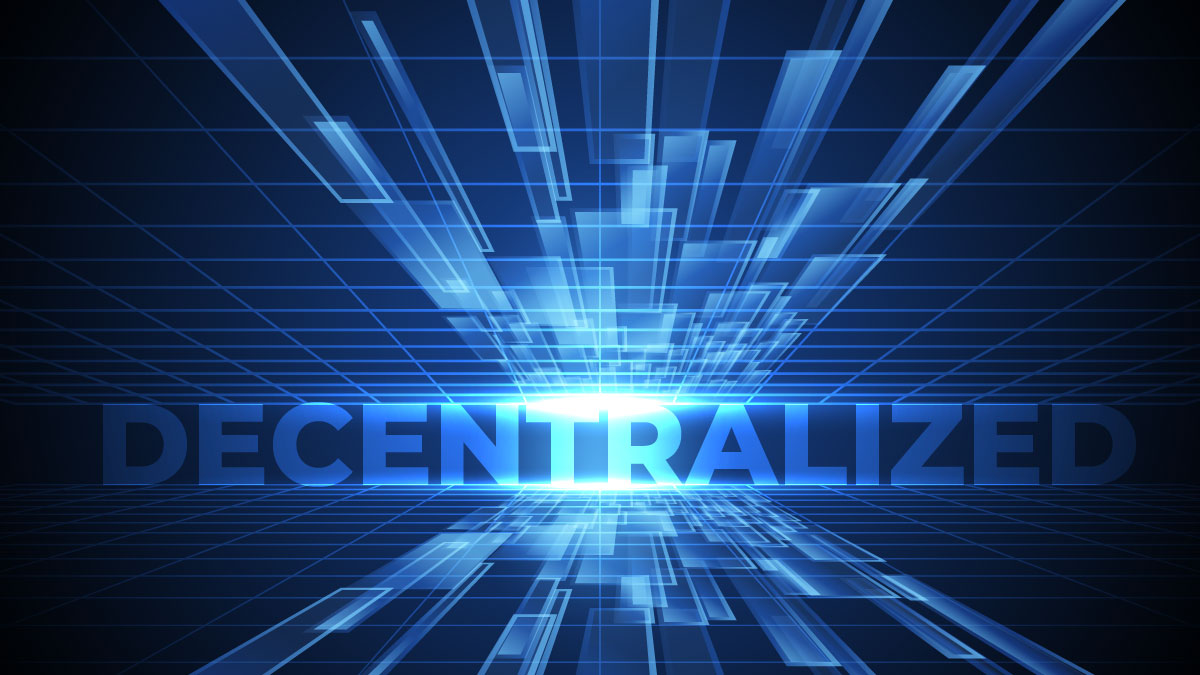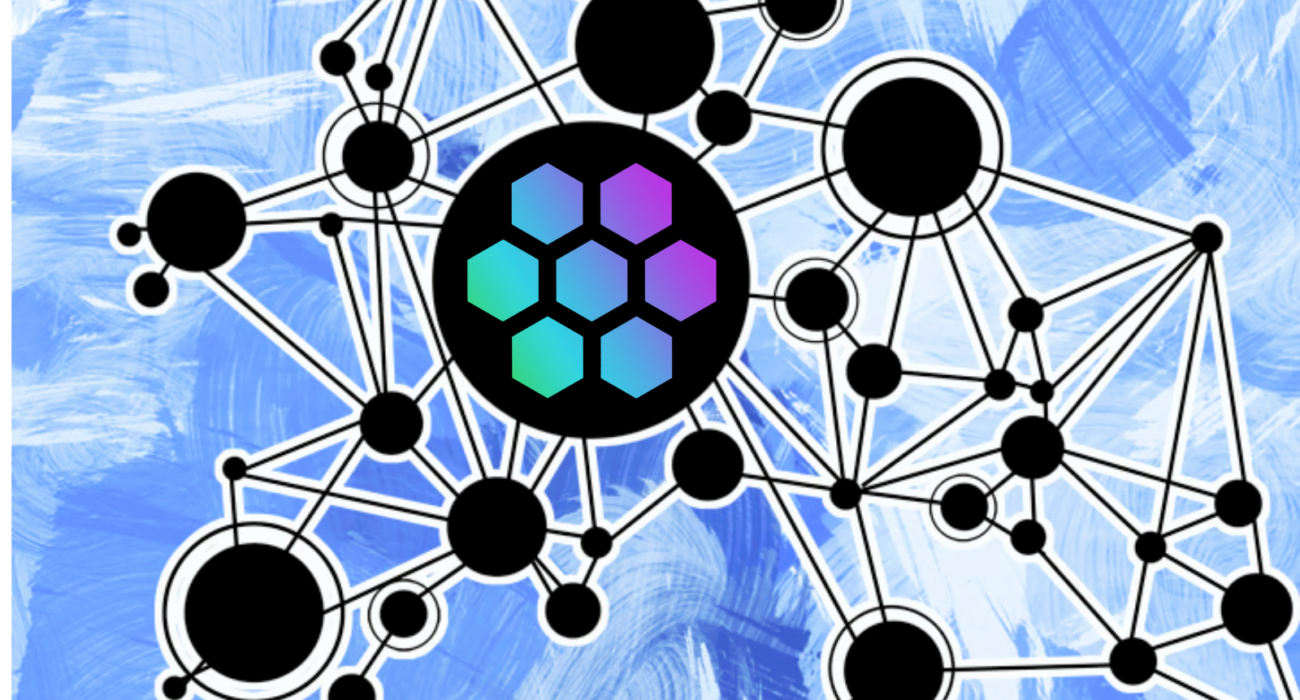The Decentralized Future: Predictions and Trends. In an increasingly digital world, decentralization has emerged as a revolutionary concept with the potential to transform various industries. By eliminating centralized control and fostering peer-to-peer interactions, decentralization promises greater transparency, security, and efficiency. This blog explores the decentralized future, offering insights into current trends, future predictions, and the impact of decentralized technologies like blockchain and DePIN.
Historical Context of Decentralization
Early Concepts and Applications
Decentralization is not a new concept. It dates back to the early days of the internet, with the advent of peer-to-peer networks like Napster and BitTorrent. These early applications demonstrated the power of decentralized systems to disrupt traditional models of information sharing and distribution.
Evolution Over Time
The evolution of decentralization has been marked by significant technological advancements. The introduction of blockchain technology, particularly with the launch of Bitcoin in 2009, marked a pivotal moment. Blockchain offered a new way to achieve decentralization, providing a secure and transparent ledger for transactions without the need for intermediaries.
Major Milestones in Decentralization
Several milestones have shaped the decentralized landscape:
- 2009: The launch of Bitcoin, introducing blockchain technology.
- 2015: The introduction of Ethereum, enabling smart contracts and decentralized applications (dApps).
- 2020s: The rise of DePIN (Decentralized Infrastructure Network), further enhancing privacy and security in decentralized systems.
Current State of Decentralized Technologies
Overview of Key Decentralized Technologies
Today, decentralization encompasses a range of technologies, including blockchain, DePIN, and decentralized finance (DeFi) platforms. Blockchain remains the backbone, providing the infrastructure for secure and transparent transactions. DePIN enhances this by offering advanced privacy features, ensuring that user data remains confidential and secure.
Current Applications and Use Cases
Decentralized technologies are being applied across various sectors:
- Finance: DePIN platforms offer decentralized financial services, such as lending, borrowing, and trading, without traditional banks.
- Healthcare: Blockchain ensures secure and tamper-proof medical records, improving patient data management.
- Supply Chain: Decentralized systems provide transparency and traceability, enhancing efficiency and reducing fraud.
- Social Media: Platforms like Mastodon and Minds offer decentralized alternatives to traditional social networks, prioritizing user privacy and control.
Challenges and Limitations
Despite their potential, decentralized technologies face several challenges:
- Scalability: Ensuring that decentralized networks can handle large volumes of transactions without compromising performance.
- Regulation: Navigating the complex and evolving regulatory landscape.
- User Experience: Making decentralized applications user-friendly to encourage mass adoption.
Predictions for the Future of Decentralization
Technological Advancements
The future of decentralization will be shaped by several technological advancements:
- Improved Scalability: Innovations like sharding and layer-2 solutions will enhance the scalability of decentralized networks, making them more efficient and capable of handling higher transaction volumes.
- Enhanced Security Measures: Advances in cryptographic techniques will further strengthen the security of decentralized systems.
- Integration with AI and IoT: Decentralized technologies will increasingly integrate with artificial intelligence and the Internet of Things, enabling new applications and use cases.
Invest in SRP Token today to secure a decentralized future and unlock unparalleled privacy and security.
Industry-Specific Trends
Decentralization will continue to disrupt various industries:
- Finance and Banking: Decentralized finance (DePIN) will challenge traditional banking models, offering more inclusive and transparent financial services.
- Healthcare: Blockchain will revolutionize healthcare data management, ensuring secure and efficient patient records.
- Supply Chain Management: Decentralized solutions will enhance transparency, traceability, and efficiency in supply chains.
- Social Media and Communication: Decentralized platforms will prioritize user privacy and control, challenging traditional social media giants.
Regulatory and Legal Changes
As decentralization gains traction, regulatory frameworks will evolve:
- Government Adoption: Governments will explore decentralized solutions for public services, such as voting systems and identity verification.
- New Regulatory Frameworks: Regulatory bodies will develop frameworks to address the unique challenges and opportunities presented by decentralized technologies.
- Impact on Global Trade: Decentralization will facilitate cross-border transactions and trade, reducing barriers and enhancing global commerce.
The Role of DePIN in the Decentralized Future
Definition and Importance of DePIN
DePIN (Decentralized Infrastructure Network) is a critical component of the decentralized future. It enhances the privacy and security of decentralized systems by leveraging advanced cryptographic techniques to protect user data.
Current and Future Applications
DePIN is being applied in various domains:
- Secure Messaging: Ensuring private and secure communication.
- Identity Management: Protecting personal information and preventing identity theft.
- Financial Transactions: Enhancing the privacy and security of financial transactions.
- Healthcare: Ensuring the confidentiality of medical records.
Case Studies of DePIN in Action
Several case studies highlight the potential of DePIN:
- Signal: A secure messaging app that uses decentralized protocols to protect user privacy.
- uPort: A decentralized identity platform that empowers users to control their personal information.
- Zcash: A cryptocurrency that leverages advanced cryptographic techniques to ensure transaction privacy.
Social and Economic Impacts
Democratization of Data
Decentralization democratizes data, giving individuals control over their information and reducing the power of centralized entities. This shift promotes greater transparency and accountability.
Empowerment of Individuals and Communities
Decentralized technologies empower individuals and communities by providing them with tools to participate in the digital economy. This empowerment fosters innovation and drives economic growth.
Economic Benefits and Challenges
The economic impact of decentralization is significant:
- Benefits: Increased efficiency, reduced costs, and new economic opportunities.
- Challenges: Navigating regulatory hurdles and ensuring equitable access to decentralized technologies.
Challenges and Solutions in the Decentralized Future
Technological Barriers
Overcoming technological barriers is crucial for the success of decentralized technologies:
- Scalability: Developing solutions to enhance the scalability of decentralized networks.
- Interoperability: Ensuring that different decentralized systems can work together seamlessly.
- Security: Enhancing security measures to protect against emerging threats.
Regulatory Hurdles
Navigating the regulatory landscape is a major challenge:
- Compliance: Ensuring that decentralized technologies comply with existing regulations.
- Advocacy: Promoting regulatory frameworks that support innovation and protect user rights.
Adoption and User Experience
Driving adoption and improving user experience are key priorities:
- Education: Raising awareness about the benefits of decentralization.
- User-Friendly Applications: Developing intuitive and accessible decentralized applications.
Potential Solutions and Innovations
Several innovations are addressing these challenges:
- Layer-2 Solutions: Enhancing scalability and reducing transaction costs.
- Interoperability Protocols: Facilitating seamless interaction between different decentralized networks.
- Advanced Cryptographic Techniques: Strengthening security and privacy.
Conclusion
In conclusion, The Decentralized Future: Predictions and Trends immense potential to transform various industries and empower individuals. By embracing decentralized technologies like blockchain and DePIN, we can create a more transparent, secure, and efficient digital world. As we navigate the challenges and opportunities ahead, it is crucial to stay informed and engaged in the decentralized revolution. Investing in and understanding decentralized technologies will be key to thriving in the future digital economy.

 China
China Russia
Russia India
India









